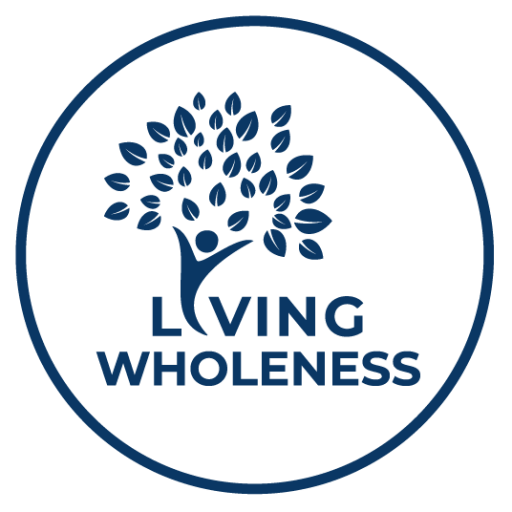Engage Help
John Wadsworth
The story of Moses is a profound illustration of servant leadership, humility, and the necessity of community support in fulfilling one’s calling. When Moses was called by God to lead the Israelites out of Egypt, he felt inadequate and voiced his concerns. In response, God provided Aaron as a companion and spokesperson (Exodus 4:10-16). This act of divine provision sets a precedent for the importance of seeking and accepting help from others.
As Moses continued his journey, he frequently relied on the support of others. During the battle against the Amalekites, when Moses raised his staff to ensure Israel’s victory, Aaron and Hur supported his arms when he grew tired (Exodus 17:8-13). This symbolic act demonstrates the power of communal support in achieving success.
Additionally, Moses’ father-in-law, Jethro, observed Moses’ overwhelming burden of leadership and advised him to delegate responsibilities to capable men, thereby appointing seventy elders to share the load (Exodus 18:13-26). This wise counsel prevented burnout and ensured more effective governance.
When constructing the tabernacle, God appointed skilled artisans like Bezalel and Oholiab to execute the intricate work (Exodus 31:1-11). This further emphasizes the necessity of specialized skills and the importance of recognizing and utilizing the gifts of others to fulfil a larger purpose.
The “Engage Help” step in CURE reflects this biblical model. Just as Moses needed a support system to fulfil his divine mission, we too must recognize the importance of seeking help from various sources, including friends, family, and professionals. However, many of us struggle with asking for help due to pride, embarrassment, or uncertainty.
It’s essential to acknowledge our limitations and understand that seeking help is a sign of strength, not weakness. When we feel overwhelmed, inadequate, or tired, we must remember the examples set by Moses and his community. Asking for help is not only practical but also spiritually wise.
Just like Moses, we must first seek God. At the top of the Pyramid on the “Engage Help” step is God, and through Christ, we have access to the Holy Spirit, the ultimate helper. As John 16:7 (AMPC) states: “But I tell you the truth, it is to your advantage that I go away; for if I do not go away, the Helper (Comforter, Advocate, Intercessor—Counsellor, Strengthener, Standby) will not come to you; but if I go, I will send Him (the Holy Spirit) to you [to be in close fellowship with you].”
By seeking God’s wisdom, discernment, and strength, we can navigate our challenges more effectively. Engaging help from God and others is crucial in our journey of transformation and in serving those around us.
As we support others, let us be mindful of our own needs and the resources available to us. By asking, “Can you please help me?” we open ourselves to a wealth of support that can empower us to fulfil our callings and assist others more effectively. Embracing this step fosters a community through servant leadership leading to transformation, reflecting the collaborative spirit demonstrated by Moses and his companions.

